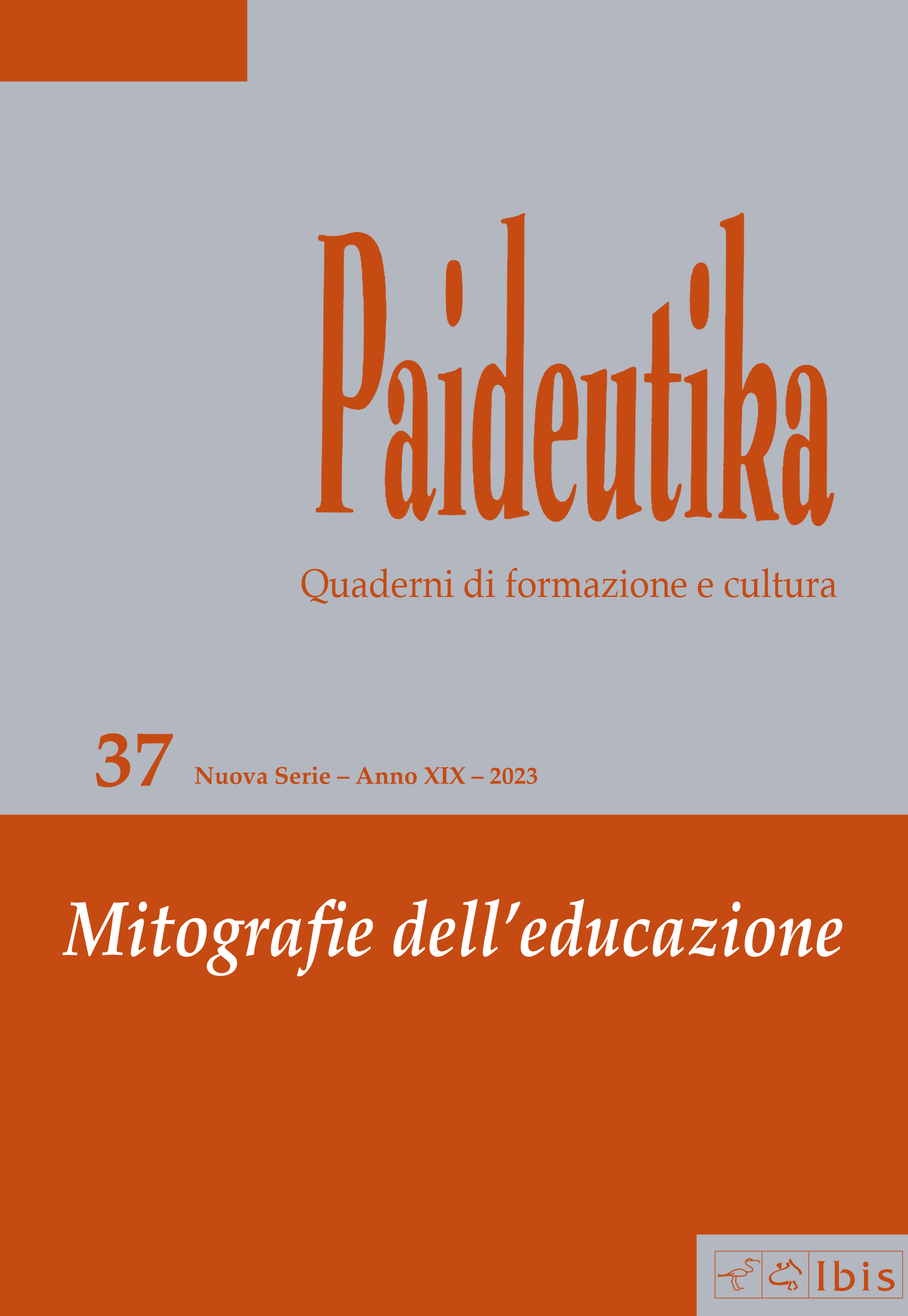La "metafora" emozionale di A. Camus: la Peste
DOI:
https://doi.org/10.57609/paideutika.vi37.3441Keywords:
Educazione, emozioni, pedagogia, sentimentiAbstract
Once the doors were closed, they realized that they were all, and even the narrator himself, caught in the same sack and that they had to get by […]. Mothers, children, spouses, lovers who had believed, a few days earlier, to proceed to a temporary separation [...], suddenly saw themselves estranged without remedy (A. Camus, The Plague)
“The Plague”, by Albert Camus, is a polyphonic and choral novel, in the sense expressed by M. Bachtin, where psychological traits emerge from each character and where in the power of the dialogues it is possible to glimpse the reaction in the face of death. It is, "The Plague" by Camus, one of the novels that more than any other intersects educational reflections such as care, nihilism, the tendency of the mass media to make events spectacular, emotional deafness, the value of true love in couple, exile, looting and speculation; the process of awareness and the essentiality of human life. Reading Camus's novel suggests what to do, but above all how to be. In "The Plague", Camus offers the man a renewed morality, based on love for life, on relationship with neighbor.
Downloads
Published
How to Cite
Issue
Section
License
Copyright (c) 2023 Paideutika

This work is licensed under a Creative Commons Attribution-NonCommercial-ShareAlike 4.0 International License.


